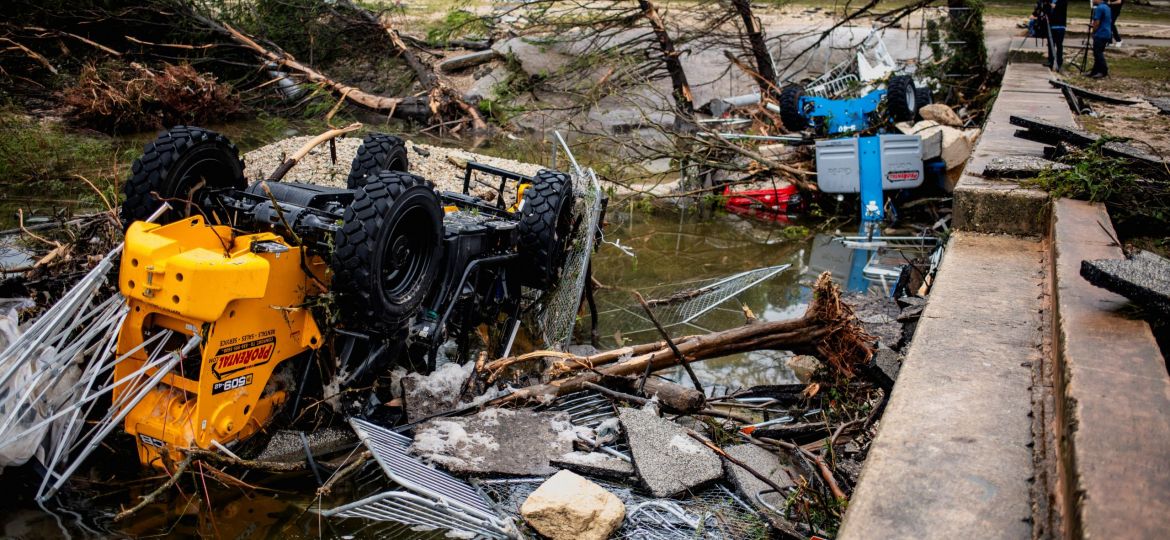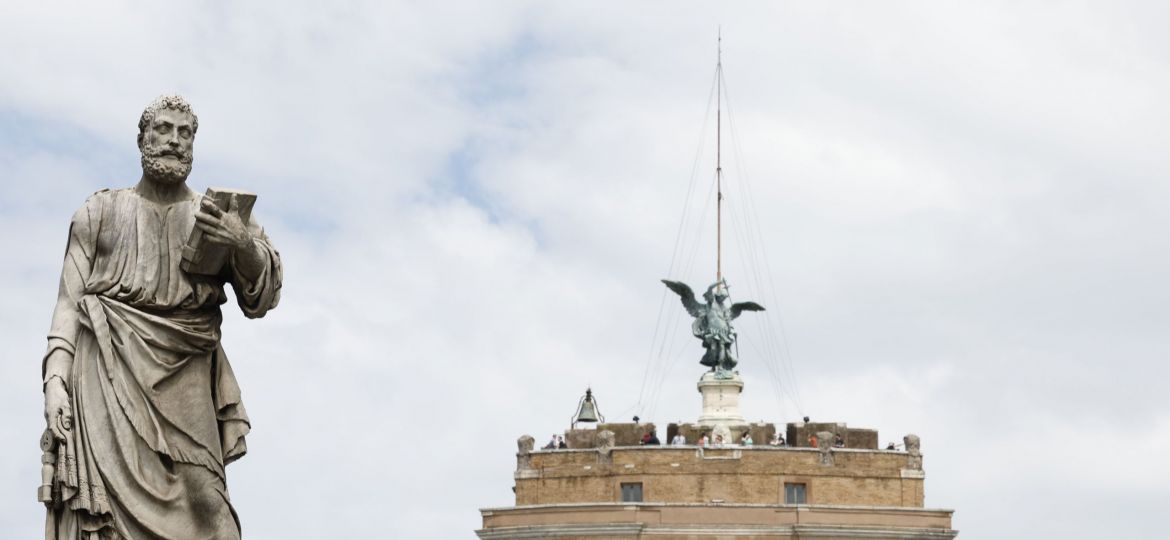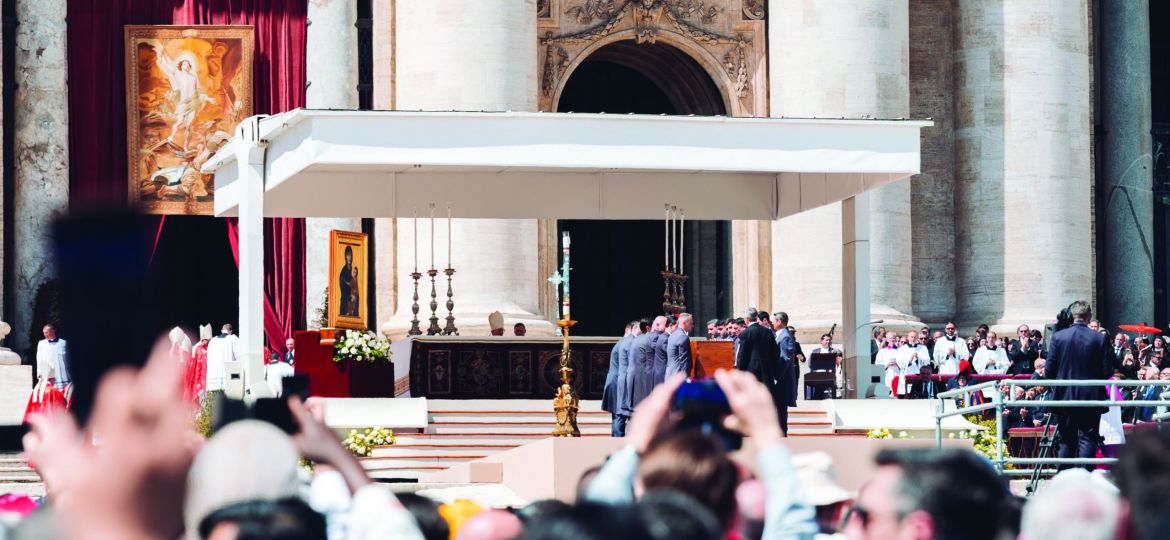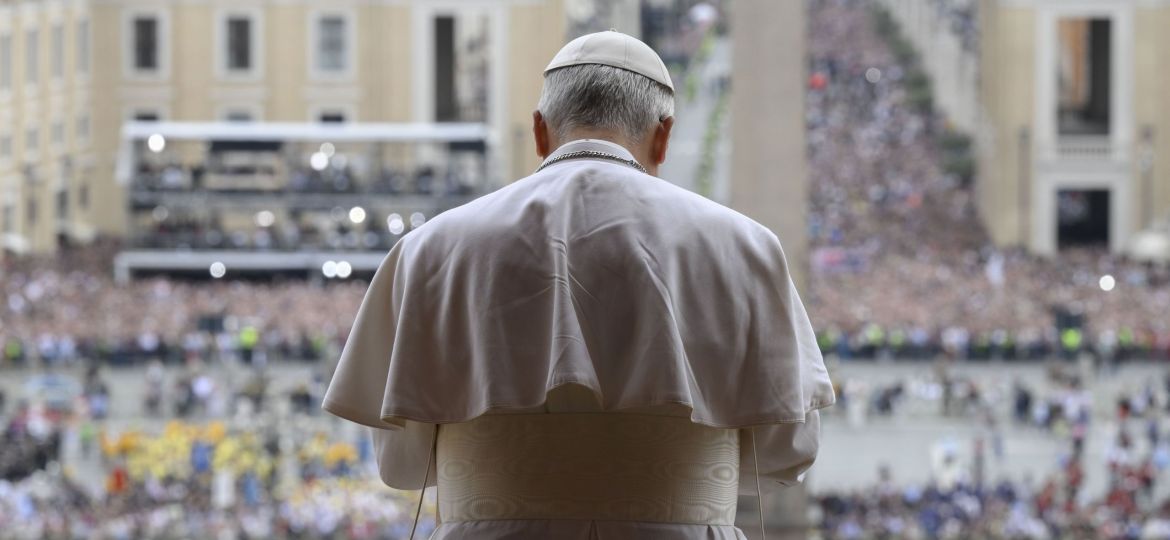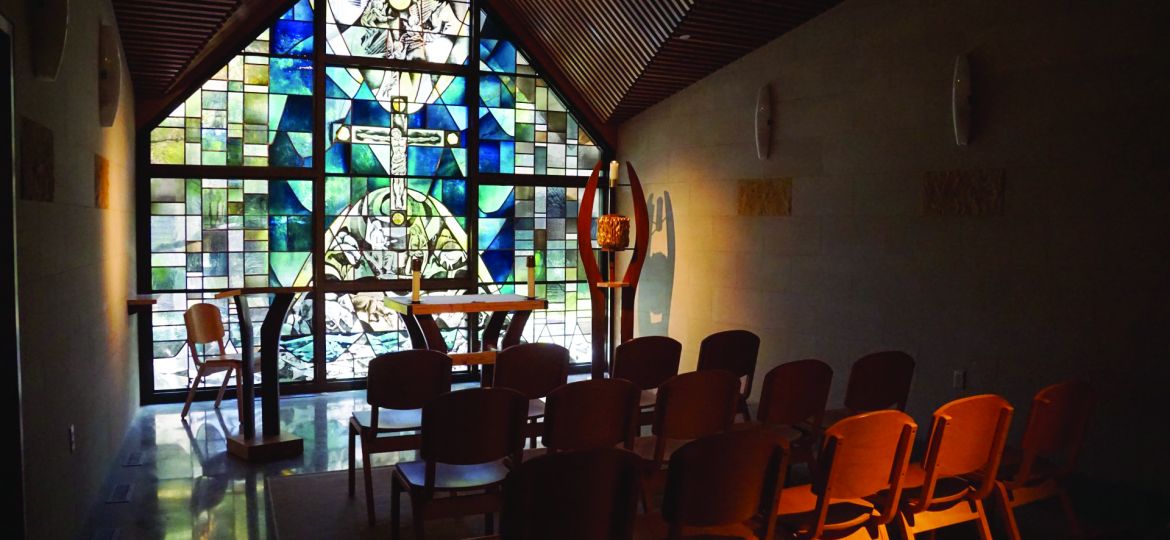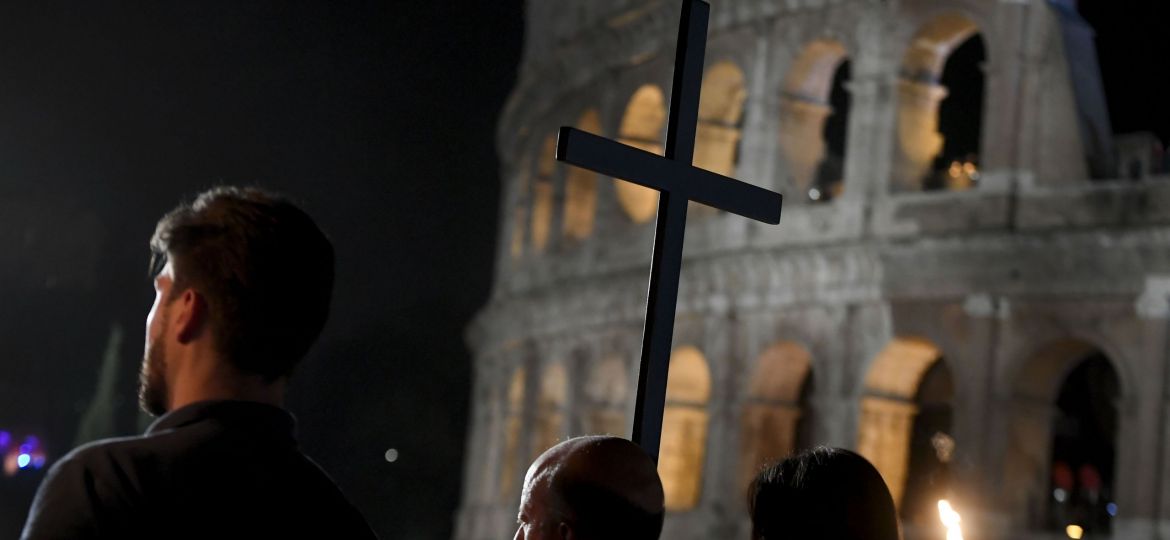This natural disaster has left behind a trail of heartbreak and loss, and while the full extent of the damage is still unfolding, we know that many lives have been forever changed.
Today, AI is everywhere. It has become a part of our daily interactions, our learning systems, our communications, and even our worship spaces.
Gambling is growing in our country — and quickly. My impression is that we have work to do to be informed about what is happening and to let ourselves be formed by what the Church teaches, lest so much happen without the constructive engagement of Catholics and of anyone else concerned about social justice.
Oh, how I love Peter! Not because he was perfect or always got things right, but because he was human — flawed, impulsive, emotional, and yet so deeply faithful.
Just one week before heading back to Dallas for my presbyteral ordination, God granted me the opportunity to witness the election of our first U.S. born pope, Leo XIV.
My wife Karoline and I had planned to be in Rome for a celebration — a “sposi novelli” (newlywed couples) blessing, the canonization of Blessed Carlo Acutis, and a final trip before we welcome our first child this fall. But everything changed on Easter Monday, when the news broke that Pope Francis had died.
As the Holy Father stepped onto the central loggia above St. Peter’s Square on May 8, I was overcome with emotion and pride, swept up in the historical significance of the moment. Like many around the world, I was intrigued — and excited — by his decision to take the name Leo XIV.
Death, disobedience, and sin are not part of the original divine plan, and yet they are manifest facts of human life. How, then, is the divine will to be done by me or any other weak-willed man or woman dwelling in the valley of the shadow of death?
We desire to see improvements in our family, friends, and community, and yet we sometimes fail to acknowledge that true transformation begins within.
What if three days could change your life? The paschal triduum —Holy Thursday, Good Friday, and the Easter Vigil — is the heart of the Church’s liturgical year.

